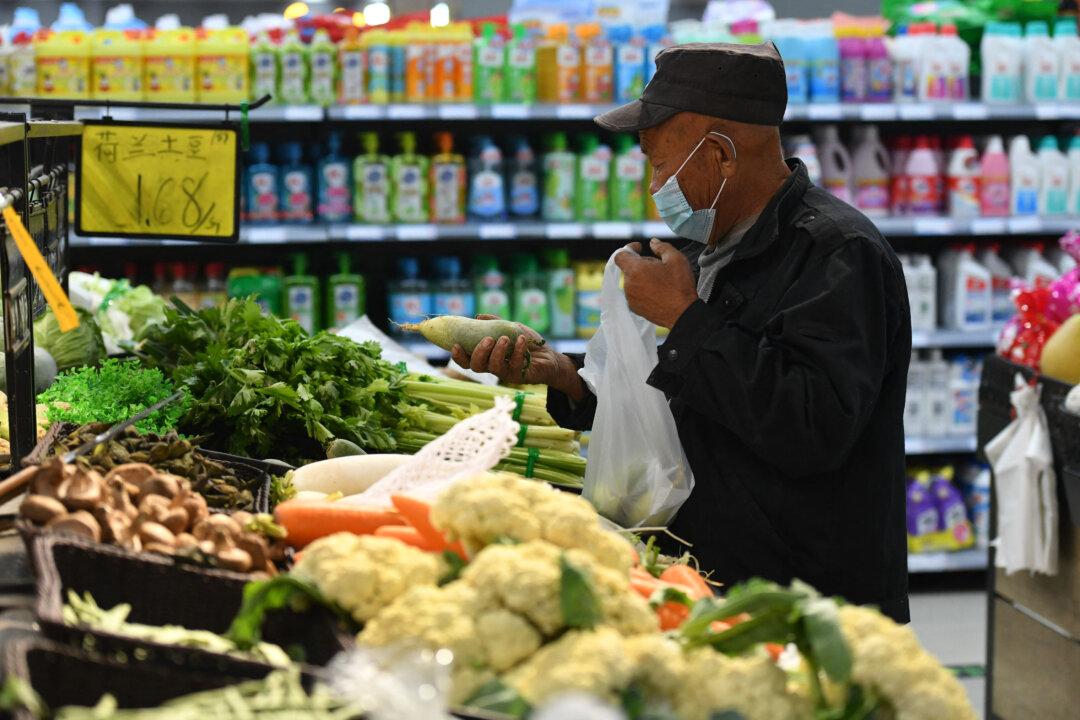China’s economy will now rely less on exports and steer toward the domestic market, Chinese leader Xi Jinping said at the 20th Congress of the Chinese Communist Party (CCP) on Oct. 16.
“We will make sure that our implementation of the strategy to expand domestic demand is integrated with our efforts to deepen supply-side structural reform,” Xi stated.





